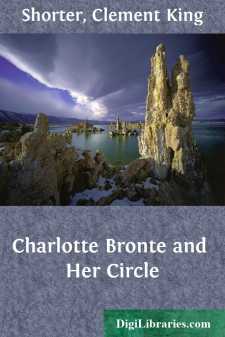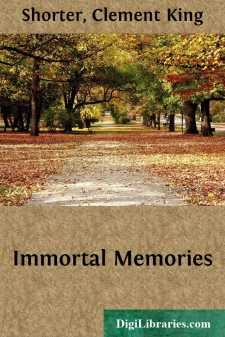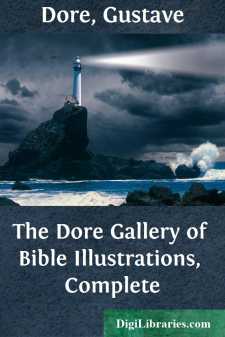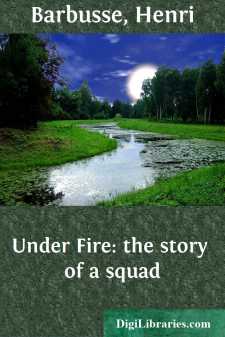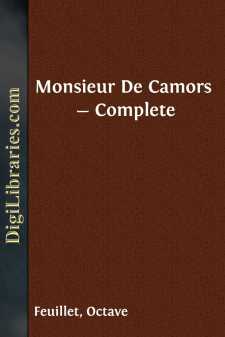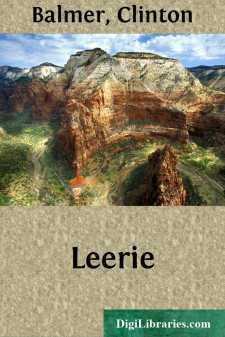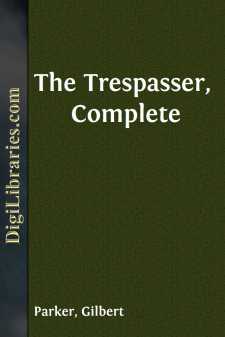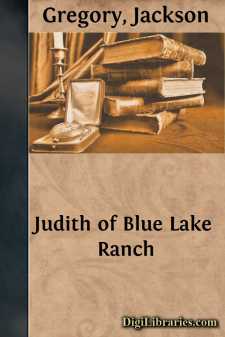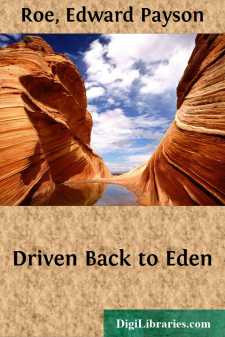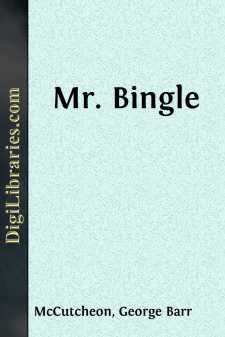Categories
- Antiques & Collectibles 13
- Architecture 36
- Art 48
- Bibles 22
- Biography & Autobiography 813
- Body, Mind & Spirit 138
- Business & Economics 28
- Children's Books 12
- Children's Fiction 9
- Computers 4
- Cooking 94
- Crafts & Hobbies 4
- Drama 346
- Education 46
- Family & Relationships 57
- Fiction 11821
- Games 19
- Gardening 17
- Health & Fitness 34
- History 1377
- House & Home 1
- Humor 147
- Juvenile Fiction 1873
- Juvenile Nonfiction 202
- Language Arts & Disciplines 88
- Law 16
- Literary Collections 686
- Literary Criticism 179
- Mathematics 13
- Medical 41
- Music 40
- Nature 179
- Non-Classifiable 1768
- Performing Arts 7
- Periodicals 1453
- Philosophy 64
- Photography 2
- Poetry 896
- Political Science 203
- Psychology 42
- Reference 154
- Religion 505
- Science 126
- Self-Help 81
- Social Science 81
- Sports & Recreation 34
- Study Aids 3
- Technology & Engineering 59
- Transportation 23
- Travel 463
- True Crime 29
Charlotte Bronte and Her Circle
Categories:
Description:
Excerpt
PRELIMINARY: MRS. GASKELL
In the whole of English biographical literature there is no book that can compare in widespread interest with the Life of Charlotte Brontë by Mrs. Gaskell. It has held a position of singular popularity for forty years; and while biography after biography has come and gone, it still commands a place side by side with Boswell’s Johnson and Lockhart’s Scott. As far as mere readers are concerned, it may indeed claim its hundreds as against the tens of intrinsically more important rivals. There are obvious reasons for this success. Mrs. Gaskell was herself a popular novelist, who commanded a very wide audience, and Cranford, at least, has taken a place among the classics of our literature. She brought to bear upon the biography of Charlotte Brontë all those literary gifts which had made the charm of her seven volumes of romance. And these gifts were employed upon a romance of real life, not less fascinating than anything which imagination could have furnished. Charlotte Brontë’s success as an author turned the eyes of the world upon her. Thackeray had sent her his Vanity Fair before he knew her name or sex. The precious volume lies before me—
And Thackeray did not send many inscribed copies of his books even to successful authors. Speculation concerning the author of Jane Eyre was sufficiently rife during those seven sad years of literary renown to make a biography imperative when death came to Charlotte Brontë in 1855. All the world had heard something of the three marvellous sisters, daughters of a poor parson in Yorkshire, going one after another to their death with such melancholy swiftness, but leaving—two of them, at least—imperishable work behind them. The old blind father and the bereaved husband read the confused eulogy and criticism, sometimes with a sad pleasure at the praise, oftener with a sadder pain at the grotesque inaccuracy. Small wonder that it became impressed upon Mr. Brontë’s mind that an authoritative biography was desirable. His son-in-law, Mr. Arthur Bell Nicholls, who lived with him in the Haworth parsonage during the six weary years which succeeded Mrs. Nicholls’s death, was not so readily won to the unveiling of his wife’s inner life; and although we, who read Mrs. Gaskell’s Memoir, have every reason to be thankful for Mr. Brontë’s decision, peace of mind would undoubtedly have been more assured to Charlotte Brontë’s surviving relatives had the most rigid silence been maintained. The book, when it appeared in 1857, gave infinite pain to a number of people, including Mr. Brontë and Mr. Nicholls; and Mrs. Gaskell’s subsequent experiences had the effect of persuading her that all biographical literature was intolerable and undesirable. She would seem to have given instructions that no biography of herself should be written; and now that thirty years have passed since her death we have no substantial record of one of the most fascinating women of her age. The loss to literature has been forcibly brought home to the present writer, who has in his possession a bundle of letters written by Mrs. Gaskell to numerous friends of Charlotte Brontë during the progress of the biography. They serve, all of them, to impress one with the singular charm of the woman, her humanity and breadth of sympathy. They make us think better of Mrs. Gaskell, as Thackeray’s letters to Mrs. Brookfield make us think better of the author of Vanity Fair.
Apart from these letters, a journey in the footsteps, as it were, of Mrs. Gaskell reveals to us the remarkable conscientiousness with which she set about her task. It would have been possible, with so much fame behind her, to have secured an equal success, and certainly an equal pecuniary reward, had she merely written a brief monograph with such material as was voluntarily placed in her hands. Mrs. Gaskell possessed a higher ideal of a biographer’s duties. She spared no pains to find out the facts; she visited every spot associated with the name of Charlotte Brontë—Thornton, Haworth, Cowan Bridge, Birstall, Brussels—and she wrote countless letters to the friends of Charlotte Brontë’s earlier days....


